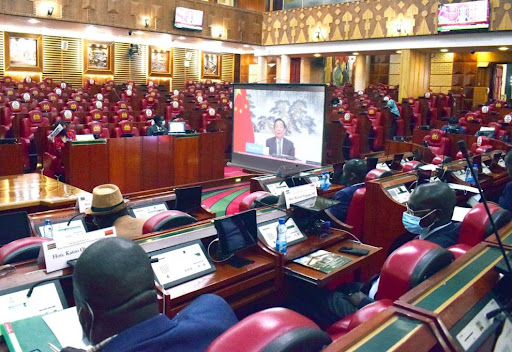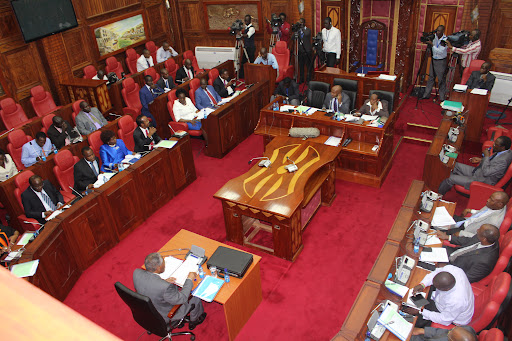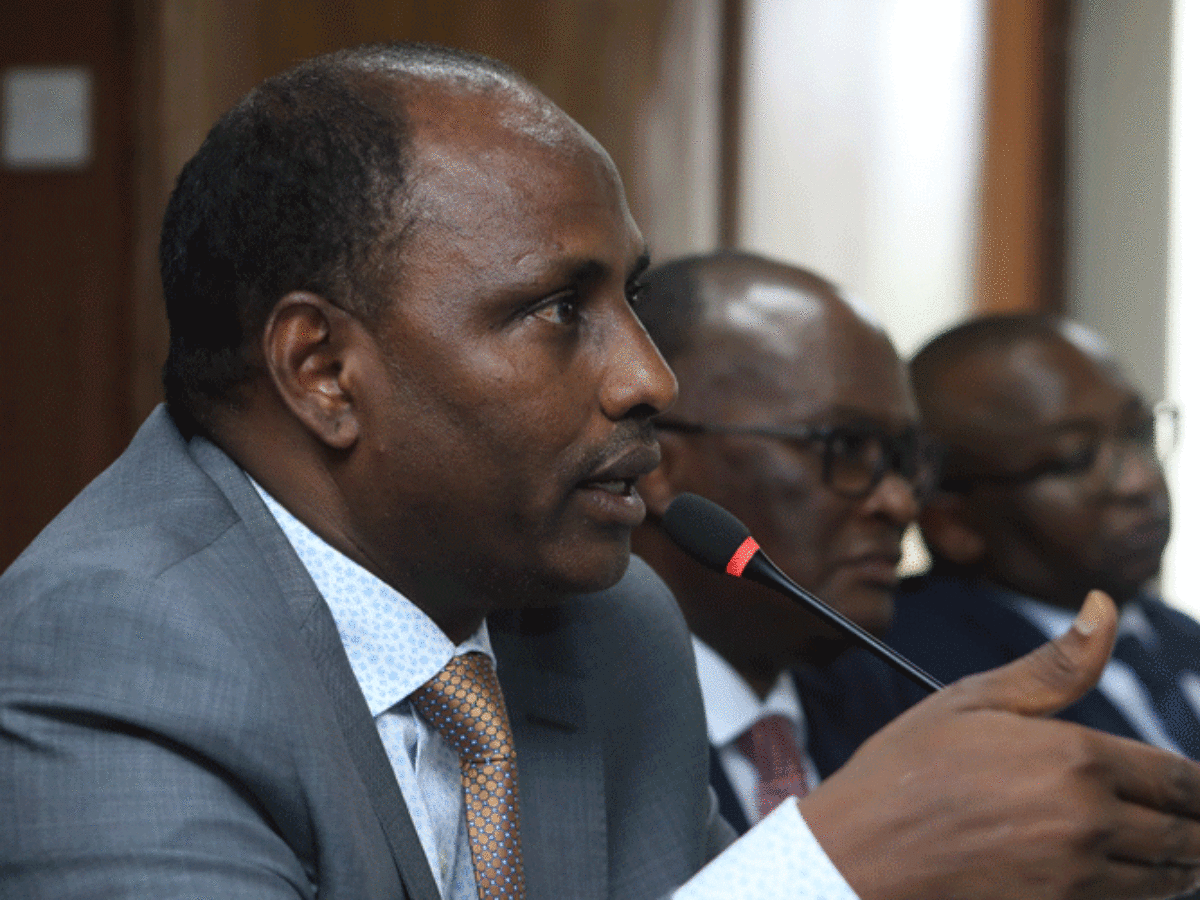Parliament has directed the Treasury to offer motorists a Sh18.1 billion compensation for diverting fuel subsidy cash to the Chinese firm operating the standard gauge railway (SGR).
The National Assembly’s Finance Committee wants the Treasury to use the Sh18.1 billion to reinstate fuel subsidy that was introduced in April and discontinued last month, sending fuel prices to the highest level in Kenya’s history.
The subsidy scheme, supported by collecting Sh5.40 a litre from July last year, was depleted in August after the State used Sh3.8 billion to upgrade of infrastructure in the energy sector and Sh18.1 billion to support SGR operations.
The Treasury collected Sh31 billion in petroleum levy from July last year out of which Sh8.6 billion went to fuel subsidy.

The Treasury released Sh2.2 billion to the Ministry of Energy, Sh1.6 billion to the Ministry of Petroleum and the balance of Sh18.1 billion was disbursed to the Transport and Infrastructure ministry to defray the SGR costs following request.
Parliament wants the Treasury to refund Sh18 billion it diverted from fuel subsidy.
The National Assembly’s Finance Committee said the Treasury abused the Petroleum Development Levy Fund by supporting payments such as SGR in breach of the law.
The law guiding the levy demands that it supports a subsidy when fuel prices rocket and infrastructure upgrades in the energy and petroleum sectors.
“The National Treasury should immediately upon adoption of this report start the process of reverting the Sh18.1 billion that was misapplied back to the Petroleum Development Levy Fund for purposes of stabilisation of fuel prices,” the committee has recommended in a report that followed a petition over costly fuel.
The energy regulator — Energy and Petroleum Regulatory Authority (Epra) — removed subsidies of Sh7.10 on petrol, Sh9.90 on diesel and Sh11.36 on kerosene that applied on the prices of fuel sold in the month to October 14.

This increased the price of petrol by Sh7.58 a litre in Nairobi to Sh134.72 while diesel jumped Sh7.94 to Sh115.6 a litre — the highest in Kenya’s history.
The State had since March offered consumers of diesel and kerosene a subsidy, with those using petrol enjoying the benefit with the exception of the May review.
Parliament will next week debate on the committee’s recommendations that also includes proposals to reduce the taxes charged on petroleum products and abolish other levies in the push to lower pump prices.
Kenya owed Africa Star Railway Operation Company Ltd (Afristar), the Chinese company contracted to operate the SGR train Sh38 billion as at August last year and the bills have been increasing, prompting the Treasury to divert cash meant for the fuel subsidy scheme.
The firm has listed clearing of its debts as a condition before fully transferring operations of SGR to Kenya in May next year.
Afristar has been managing the ticketing system, landing and offloading of cargo and collection of passenger fares, including non-cash revenues like M-Pesa, under the agreement signed in 2017.
Kenya from March started a gradual takeover of SGR operations from the Chinese firm.
The State paid oil dealers Sh8.6 billion in compensation for the five months that fuel prices remained unchanged.
The subsidy scheme was supported by billions of shillings raised from fuel consumers through the Petroleum Development Levy, which was increased to Sh5.40 a litre in July last year from Sh0.40, representing a 1,250 percent rise.
Treasury control
The fund is meant to cushion consumers from volatility in fuel prices but has also seen motorists lose out when paying the Sh5.40 for a litre at the pump.
The subsidy saved consumers Sh24.44 per litre of diesel, Sh15.11 per litre of petrol and Sh30.90 per litre of kerosene in the months it has been in place.
The committee is proposing changes to the law that will see a board manage the funds raised through the levy, a move aimed at ending the Treasury’s control and diversion of the money.
The Treasury administers the levy on behalf of the Ministry of Petroleum and Mining.
“The fund shall be managed by a board similar to the Roads Maintenance Levy,” the committee says in the report to be tabled before Parliament for debate.
C/O BusinessDaily


